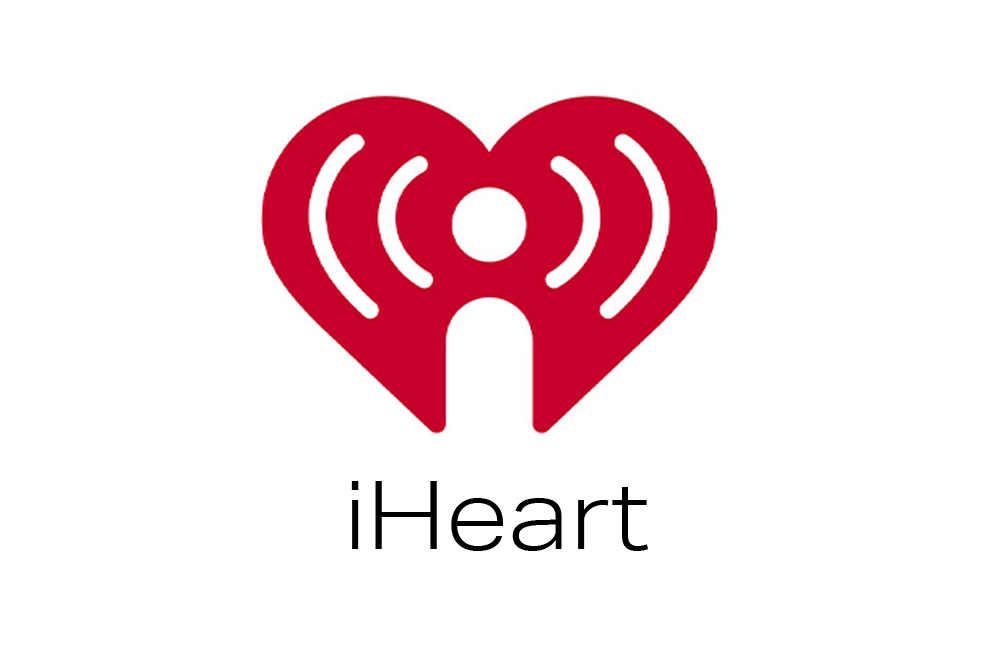The best way to understand the value of shared health services is through a story that aptly reflects the experiences of many members, even if the details belong to a fictional person.
Imagine Daniel. On a rainy Tuesday morning, his phone buzzes with a message from his shared health services community. Someone he’s never met – a young mother named Claire – is facing an unexpected hospital stay. Her need has been verified and is now ready to be shared.
Daniel makes his monthly contribution, knowing that a portion will go toward Claire’s care. He doesn’t know her story in great detail, but he understands the value of being part of something bigger than himself.
Why Community Care Works Both Ways
In traditional healthcare, it’s easy to feel alone. Your bills are processed, your care is handled, and that’s that. Shared health services, like those offered by WeShare, take a different approach. Members pool their resources to meet each other’s eligible medical needs in a system that’s built on connection, trust, and a shared commitment to care for one another.
For Daniel, this model means that if he ever faced his own medical challenge, the same community would rally around him. Helping others today strengthens the support system he might rely on tomorrow.
Benefits That Go Beyond the Bill
The impact of shared health services is more than financial. There’s a tangible sense of belonging. Members know they’re part of a network that values compassion as much as efficiency.
In Daniel’s case, his membership comes with practical benefits: access to a large network of providers, the ability to use telehealth for quick medical questions, and wellness resources that encourage a proactive approach to health. But there is also the intangible benefit of knowing his contributions are making a real difference for someone else.
This reciprocity creates a unique form of accountability. When you’re aware that your healthy habits help keep costs low for the group, you’re more likely to make choices that support your well-being. In turn, this reduces strain on the community’s resources, benefiting everyone in the long run.
A Ripple Effect of Care
Community care has a ripple effect. By meeting members’ needs quickly and fairly, shared health services help prevent small health issues from becoming bigger, costlier problems. That means fewer missed workdays, less stress for families, and a healthier, more resilient community overall.
The emotional ripple matters too. Members often share encouragement alongside their financial contributions: messages of hope, offers of prayer, or simply words of solidarity. For someone going through a difficult time, knowing they’re not alone can be just as meaningful as the financial help.
Looking Ahead
For Daniel, being part of shared health services isn’t just about peace of mind for his own future. It’s about participating in a cycle of generosity that uplifts others while also creating a safety net he can rely on.
In a world where healthcare often feels transactional, the shared health services of a Christian health sharing community bring back a sense of personal connection. They remind us that caring for each other is both a responsibility and a privilege, and that when we invest in community care, we all stand stronger.
Learn how joining a shared health services community can connect you with meaningful support and practical health-sharing solutions at weshare.org.




